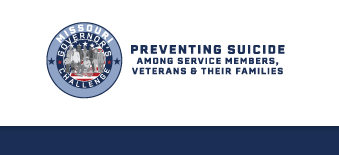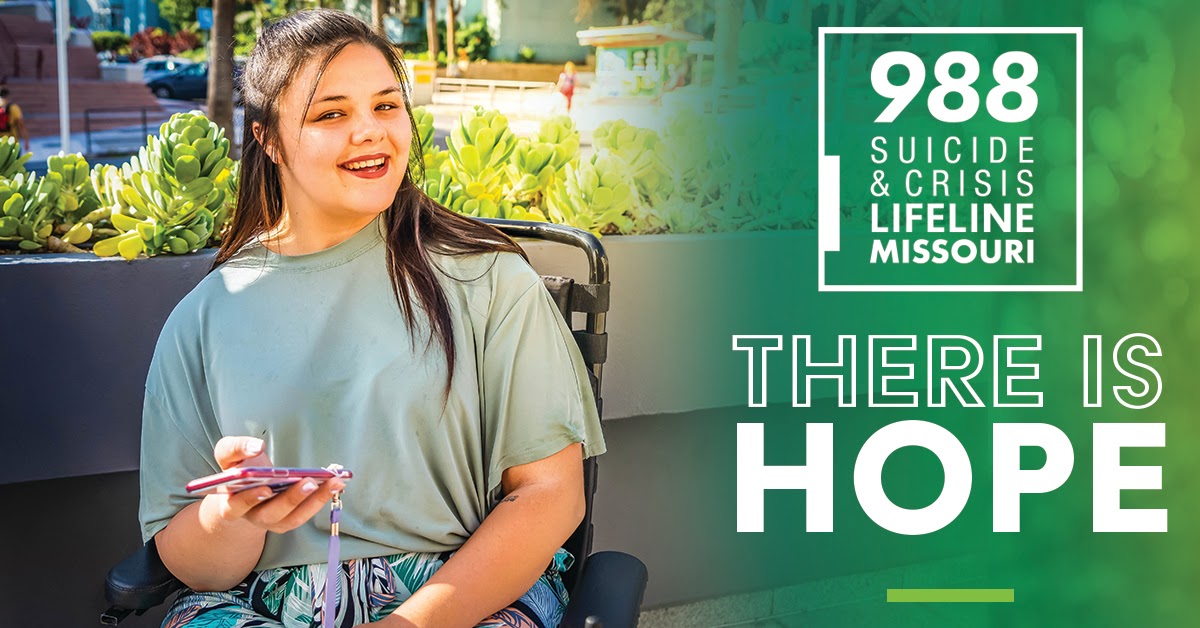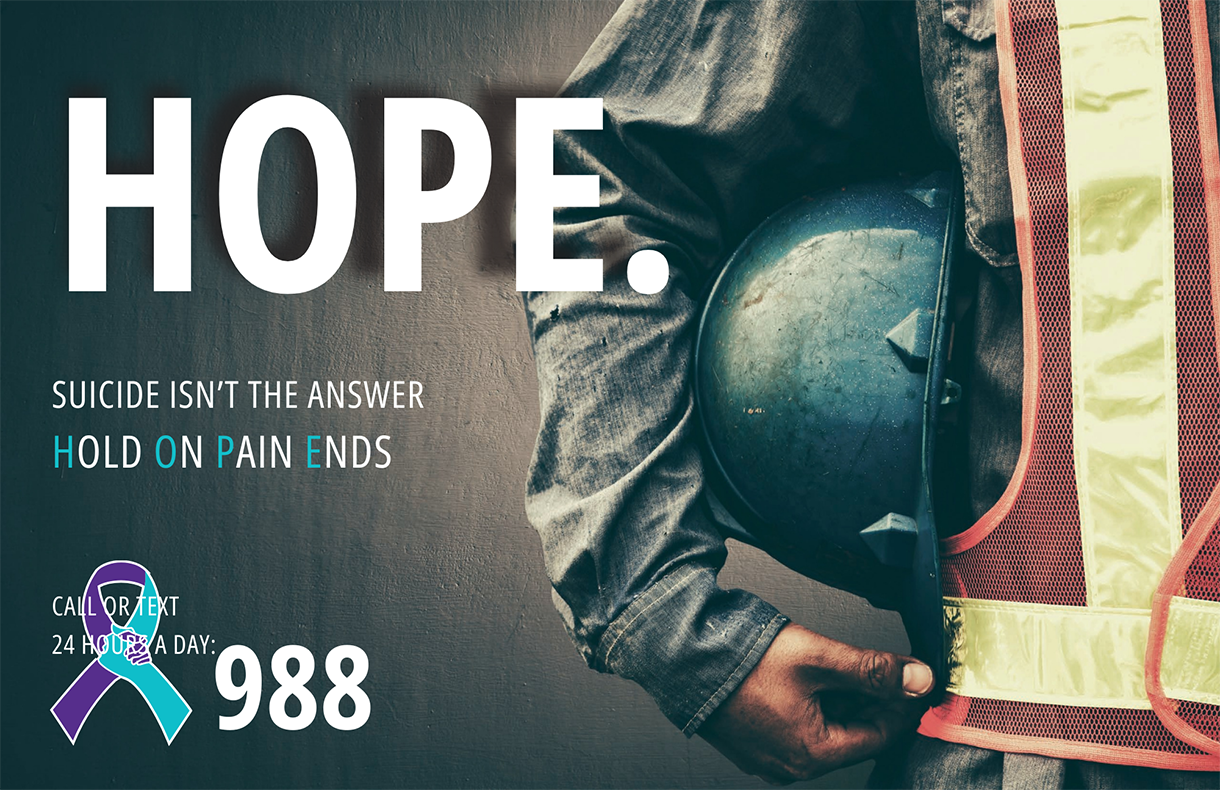As your teen or young adult prepares to head off to college, they are making important decisions about everything from meal plans to financial aid. These choices are just the beginning of the challenges they will face. College life introduces new pressures, and for many students, it can be a tipping point for mental health struggles. In this critical time, your role as a parent becomes more crucial than ever. But how can you best support your child, especially if they experience a mental health crisis?
Understanding the Crisis
The mental health landscape for college students is concerning. According to the 2022 Missouri Assessment of College Health Behaviors, nearly half of Missouri college students have experienced suicidal thoughts at some point, and 25% have had these thoughts within the past year. These statistics underline the immense stress that college students face. As a parent, staying attuned to your child’s mental health is essential.
A Young Adult’s Perspective
When college students face mental health challenges, they may not always turn to their parents. However, they often seek advice from someone close to their age who understands what they are going through. Britt Grindstaff, Youth and Young Adult Coordinator at the Behavioral Health Network of Greater St. Louis, offers valuable insights. Having faced mental health struggles herself while attending St. Louis University, Britt knows firsthand how overwhelming college life can be.
“I’ve witnessed a lot of parents who feel like their child struggling with their mental health came out of left field, and they weren’t prepared to interact and support them within this new context or situation,” Britt shares. She emphasizes that parents need to recognize the pressures of college life and provide practical support rather than dismissing their child’s feelings.
Building Open Communication
Wayne Johnson, the Team Lead for the ACT TAY program at Compass Health Network, highlights the importance of open communication between parents and their college-aged children. “The transitional age of 16-25 can be a very difficult time in figuring out identity, gaining independence, and struggling to fit in the world,” Wayne explains. “It is especially hard for those who are experiencing mental illness and the side effects that can bring.”
Creating a safe, non-judgmental space for your child to express themselves is crucial. Listening to their concerns, validating their feelings, and offering consistent support can make a significant difference in their mental health journey.
Practical Steps for Parents
So, what can you do to help your child navigate tough times? Here are some practical steps:
- Be Non-Judgmental: When your child opens up about their struggles, avoid judgment. One of the most terrifying moments for many students is admitting to their parents that they are not coping well. How you respond can either encourage them to seek further help or push them deeper into isolation.
- Foster Honest Conversations: Sharing your own vulnerabilities can create a stronger bond and help your child feel less alone. Britt advises, “Ask your child how they want to be supported and respect their answer.”
- Admit When You’re Wrong: If you’ve made mistakes in handling your child’s mental health, acknowledge them. Britt points out that this humility can strengthen your relationship and show your child that you are committed to learning and growing alongside them.
Where to Turn for Help
Remember, there are resources available if your child needs immediate help. The 988 National Crisis Line offers 24/7 support, connecting individuals with trained crisis counselors who can provide guidance on mental health issues, including those related to financial stress.
Final Thoughts
Navigating college life is challenging for both students and their parents. By approaching your child’s mental health with empathy, open communication, and a willingness to learn, you can provide the support they need to thrive during this critical time.
This blog post is part of the Happier U initiative, in conjunction with the Missouri Department of Mental Health and Show Me Hope Crisis Counseling Program. For more information, visit this link.
Sources:
- Missouri Department of Mental Health – For the information on mental health challenges among Missouri college students and advice from young adults. This includes statistics from the 2022 Missouri Assessment of College Health Behaviors (MACHB) survey. More detailed information can be found on the Missouri Partners in Prevention website: mopip.org.
- Behavioral Health Network of Greater St. Louis – For insights and quotes from Britt Grindstaff, the Youth and Young Adult Coordinator at the Behavioral Health Network, who shared her lived experience with mental illness and advice for parents.
- Compass Health Network – For the information provided by Wayne Johnson, the Team Lead for the ACT TAY program, on supporting transitional age youth with severe and persistent mental illness.
- Substance Abuse and Mental Health Services Administration (SAMHSA) – For information on the 988 National Crisis Line and related resources for mental health support.
- Federal Emergency Management Administration (FEMA) – As the blog post was produced in conjunction with the Show Me Hope Crisis Counseling Program, funded by FEMA, it’s crucial to acknowledge their contribution












